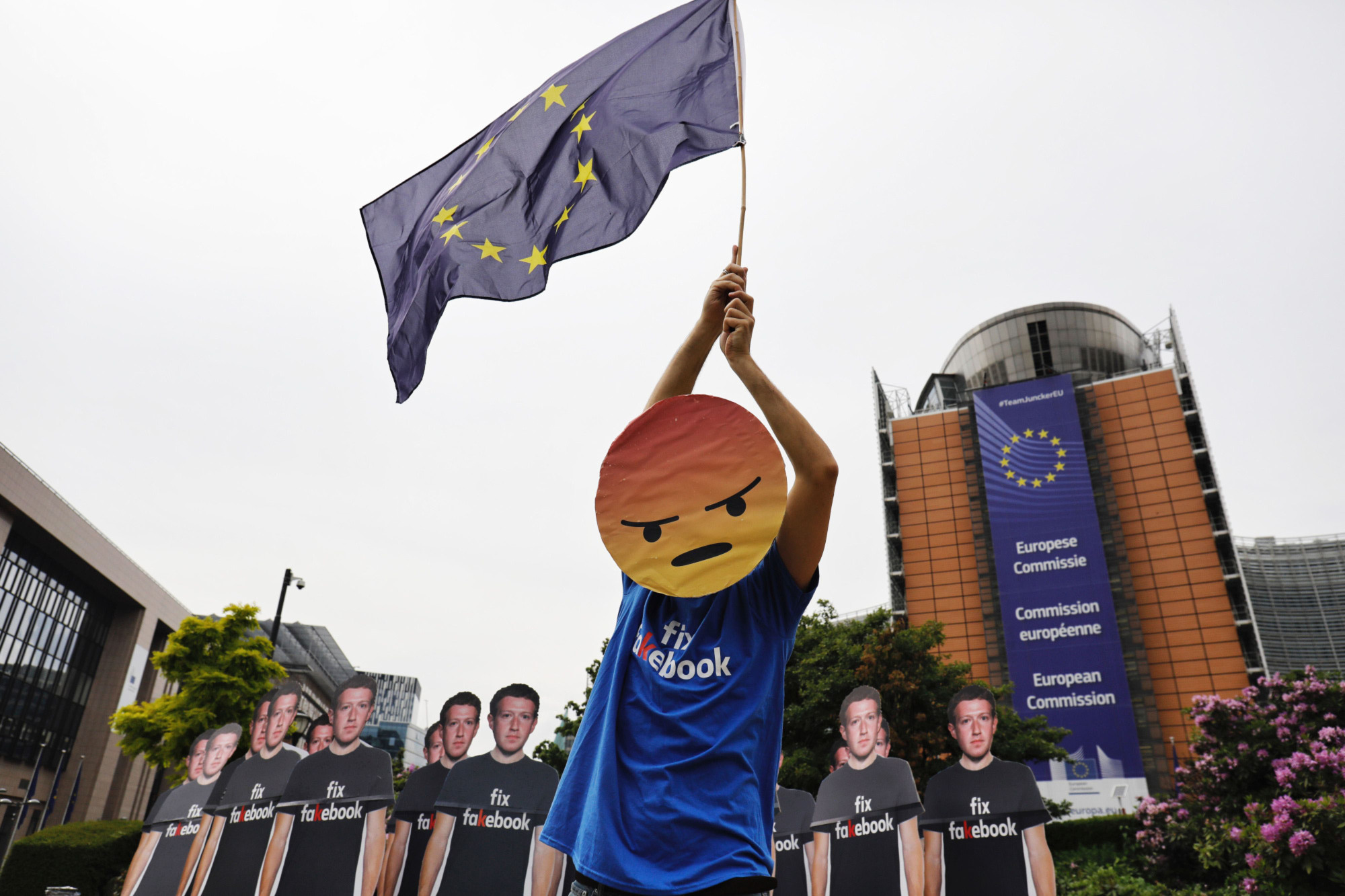Some people are fuming at Facebook for allowing unfiltered political ads, while others are fuming at Twitter for banning them. There's lots of confusion and speculation, but what we know is that these social media companies have fundamentally changed how people exchange information. What we need to figure out is whether they also change how people spread disinformation — and if so, how to fix it. It's a question researchers are actively investigating.
After "fake news" became the catchphrase of the 2016 election, experts in psychology, political science, computer science and networks stepped up research on disinformation, learning in more detail how it travels through social media and why some things stick in people's heads.
There's a good reason not to ban political ads on social media: People in democratic societies should be able to see and hear from candidates directly, not just through interview and debate formats. Social media ads are relatively cheap, so candidates with less funding can still make themselves heard. The fear is that politicians might lie, mislead and manipulate on social media in ways that were impossible in the days of television and newsprint.


















With your current subscription plan you can comment on stories. However, before writing your first comment, please create a display name in the Profile section of your subscriber account page.